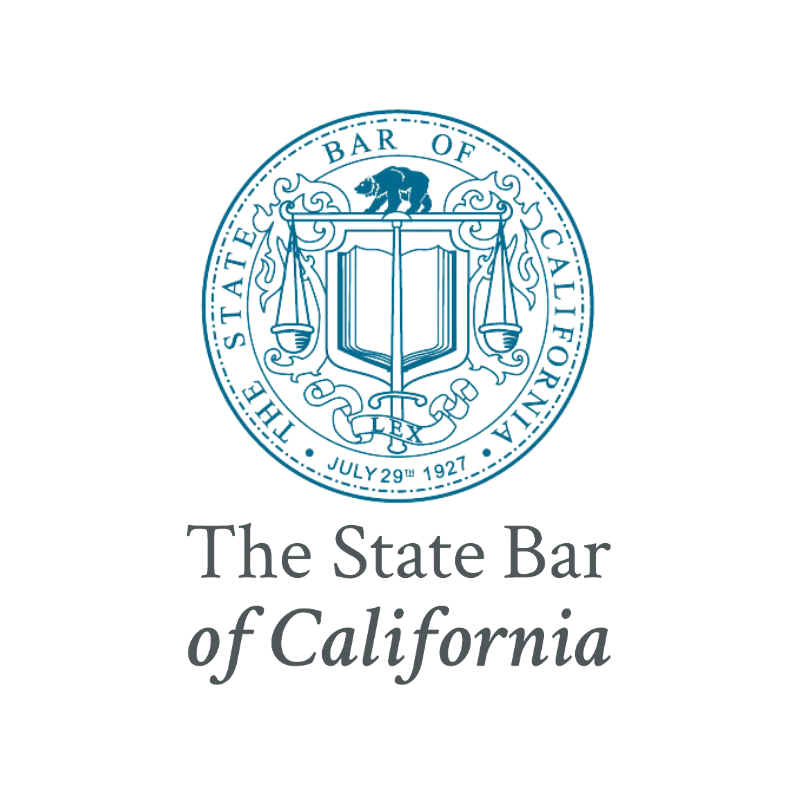What is Advance Parole? Do You Need It?
Home » Immigration Services » Advance Parole

If you have a processing green card application with U.S. Citizenship and Immigration Services (USCIS), and you want to make a trip outside of the country in the meantime, you’ll need advance parole in order to leave the country without negatively impacting your application.
Here, we’ll explain what advance parole is, exactly why you need it, and how you can take advantage of it.
What is Advance Parole
Advance parole is a travel document that gives you authorization to leave the United States while you wait for your green card application to be processed by USCIS.
It could take several months up to many years for USCIS to process your green card application, and during that time you may want or need to travel abroad to:
- Visit family
- Care for a sick loved one
- Attend a funeral
- Travel for leisure
- Take care of a business matter
Why Do You Need Advance Parole?
Having advance parole is important because if you travel outside of the U.S. while your green card application is pending, and you haven’t received prior authorization from USCIS, the agency will conclude that you have abandoned your case and it will cancel your green card application.
Who is Eligible for Advance Parole?
Aside from those who have a pending application for a green card, others who are eligible to apply for advance parole include applicants for asylum, temporary resident status, and temporary protected status (TPS).
Asylees, DACA recipients, T or U nonimmigrant status holders, and those who are on humanitarian parole Can also benefit from advance parole.
Advance Parole DACA
For DACA (Deferred Action for Childhood Arrivals) recipients, advance parole serves as a crucial lifeline. Unlike other immigrants, DACA recipients can only obtain Advance Parole to travel outside of the United States for humanitarian, educational, or employment purposes.
Humanitarian reasons might include medical treatment, funerals, or accompanying a family member who requires support.
Educational purposes could encompass studying abroad, participating in academic research, or attending conferences.
Employment reasons may involve work assignments, professional training, or other job-related opportunities.
Request A Consultation
Meet The Attorney
Angela D. Warren
With more than 20 years of immigration and business immigration experience, Angela Warren has helped hundreds of individuals, families and businesses.
Main Services


Get The Immigration Help You Deserve
How to Apply for Advance Parole
To apply for advance parole, you will need to file Form I-131, Application for Travel Document, with USCIS, along with the following:
- Two passport-style photos
- A copy of your passport, or Employment Authorization Document (EAD)
- A copy of your green card application receipt notice
It’s important for you to be aware that if you applied for advance parole as well as employment authorization (Form I-765) simultaneously when you submitted your application for a green card, USCIS will separate the processing of employment authorization from advance parole and process employment authorization first in order to improve efficiency.
So, if you submitted applications for these two benefits at the same time with your application for a green card, you’ll most likely receive a decision on employment authorization before you receive a response on advance parole.
To find out more about how long a specific application may take for USCIS to process, you can visit the agency’s online database to check case processing times.

Risks Associated With Advance Parole
Although advance parole is necessary to prevent the cancelation of your green card application while you’re traveling abroad, leaving the country–even with prior authorization—comes with risks.
Unfortunately, even if you‘ve obtained Advance Parole, it is up to the immigration officer when you’re re-entering into the U.S. They have the final say on whether or not to grant you entry, even if you hold a valid advance parole document.
You could also jeopardize the status of your case if you fail to respond to either of these communications from USCIS:
- A Notice of Intent to Deny (NOID)
- Not Responding to a Notice of Intent to Deny (NOID)
If USCIS sends you a NOID, it means that the agency has evaluated your case and it intends to deny your request for benefits. In essence, this means that you sent the required documents and evidence, but what you submitted didn’t demonstrate that you were eligible to receive the benefits for which you applied.
Details about why you are likely to be denied will be outlined in the NOID. Although your case may be denied, a NOID does offer a final chance to send USCIS new documentation and evidence that may help prove you’re eligible for benefits.
This is definitely correspondence you don’t want to miss. If you receive a NOID, it will be in your best interest to immediately get the help of an immigration attorney. A skilled attorney will help you make the most of this last chance to prove your case to USCIS.
Additionally, if your green card application is denied while you are outside of the country, you may be barred from returning to the U.S. It’s important to weigh these potential risks before deciding to travel abroad while your green card application is pending.
Get The Immigration Help You Deserve
Frequently Asked Questions (FAQs)
How Long Does Advance Parole Last?
Your document for advance parole (often referred to as a travel document) is valid for one year, but you can renew it. You may file for renewal as early as 120 days prior to its expiration. To renew, you’ll need to submit:
- Form I-131
- A copy of your current travel document
- Two passport-sized photos
- A copy of your green card application receipt notice
What is the Advance Parole Processing Time?
The processing time for advance parole can vary based on several factors, such as the service center handling your application and current USCIS workloads. Typically, it may take about 90 to 120 days after filing your Form I-131 to receive your advance parole document. However, delays are not uncommon, so it is advisable to apply well in advance of your intended travel dates.
Can I Get Emergency Advance Parole?
Yes, you can obtain emergency advance parole in certain situations. If you have an urgent need to travel, you may request expedited processing of your advance parole application. To do this, you must provide evidence of the emergency situation, such as medical documentation or letters from relevant authorities. It’s crucial to note that approval for emergency advance parole is not guaranteed and is at the discretion of USCIS.
What if I’m not Allowed Re-entry Despite Obtaining Advance Parole?
If you’re denied entry, it’s crucial to remain calm and cooperate with the CBP officer. You will be provided an explanation for the denial and may request a hearing before an immigration judge to appeal the decision. It’s best to consult with an immigration attorney if you find yourself in this situation.
What Should I Do If My Advance Parole Application is Denied?
If your advance parole application is denied, you will receive a notice from USCIS explaining the reason for the denial. Depending on the reason, you may be able to file a motion to reopen or reconsider the decision if you believe there was an error in the adjudication of your application. Consulting with an immigration attorney can be beneficial in such cases, as they can provide guidance on the best course of action and help you prepare any necessary documentation to support your appeal or new application.
Get The Immigration Help You Deserve
Do You Need to Talk to a San Francisco Immigration Attorney About Applying for Advance Parole?
If you’re considering applying for advance parole, it might be beneficial to consult with an experienced San Francisco immigration attorney. An attorney can help you navigate the complexities of the application process, ensure that you provide the necessary documentation, and advise you on the potential risks involved in traveling abroad. They can also assist you in responding to any RFEs or NOIDs you may receive from USCIS, strengthening your case and improving your chances for a successful outcome.
You don’t have to go through this process alone. Reach out to a trusted San Francisco immigration attorney today to discuss your advance parole application and ensure you have the best possible support throughout your journey.
Warren Law Firm is here to help. We’ve helped countless individuals in San Francisco and beyond with their immigration needs, including advance parole applications. Contact us now to schedule a consultation and let us assist you in achieving your immigration goals. We are dedicated to providing exceptional legal services to our clients and ensuring that they have the best chance of success on their journey. Don’t hesitate – reach out to us today!

